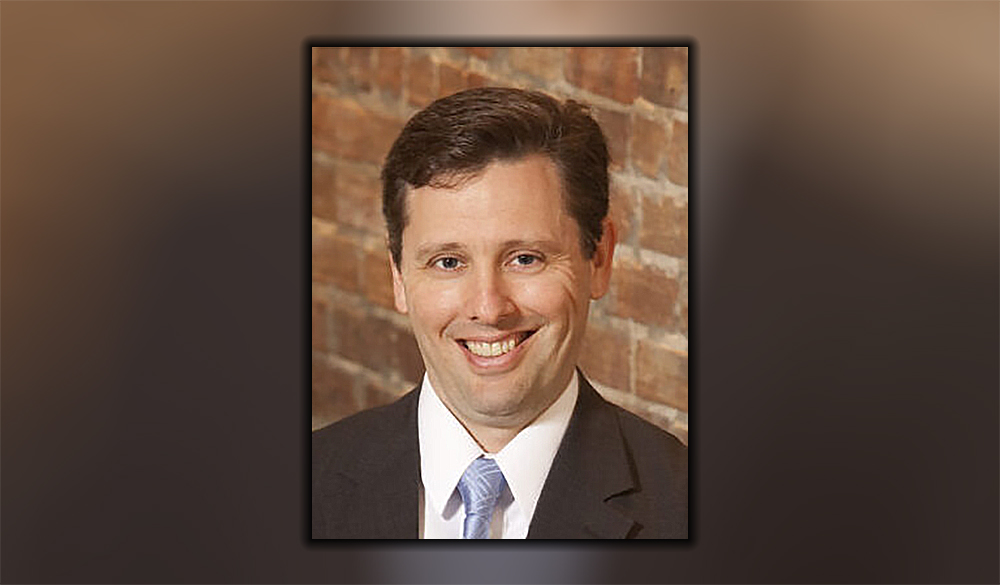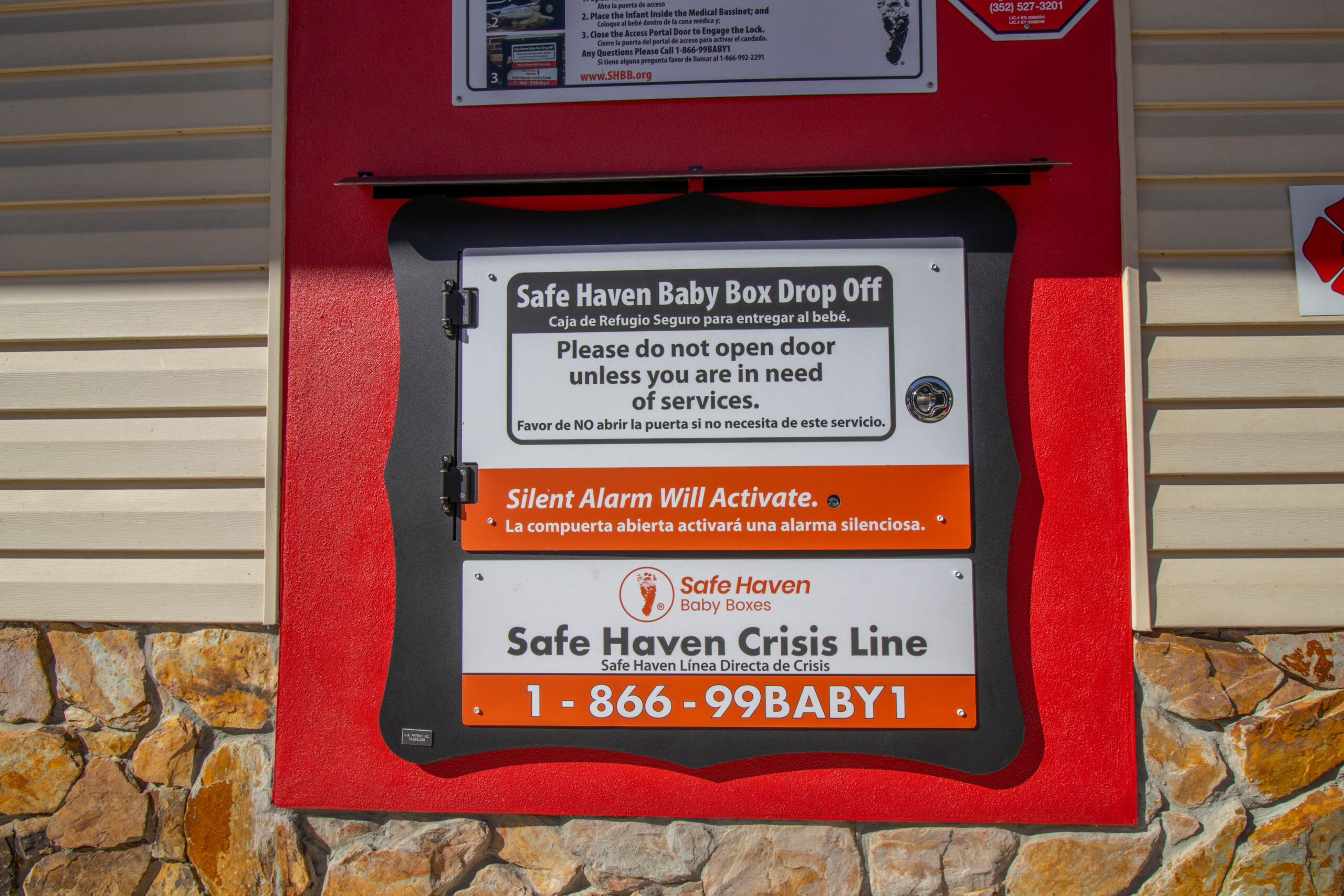The Senate Appropriations Committee passed a measure that seeks to expand school choice efficiency, building on legislation that created Florida’s universal school choice program.
The Republican-led legislation (SB 7030) is being carried forward by Zephyrhills Sen. Danny Burgess, Tallahassee Sen. Corey Simon, and Crestview Sen. Don Gaetz.
SB 7030 aims to increase transparency and improve efficiency for schools and families.
“Florida leads in the nation in parental choice in education,” Simon said. “Our robust, universal school choice programs provide every parent in our state the opportunity to select the educational environment that works best for their children, whether that’s traditional public, private, charter, virtual, or home school. This legislation will improve efficiency and increase transparency for families and schools as our choice programs continue to expand.”
The bill would conform with the Senate’s proposed budget, ensuring dedicated funding for public schools and school choice programs, including the Family Empowerment Scholarship (FES) program.
Funds would be provided for districts with increases in student Full-Time Equivalent (FTE), funding for students eligible for FES who are above forecast budgets, the Personalized Education Program (PEP/Homeschool) scholarship, and supplemental one-time funding to districts with a decline in FTE.
It would also create time frames, streamlining registration for better planning, creating fall and spring application windows, requiring the single application for all scholarship programs, and requiring additional documentation to be submitted at the time of application, including proof of residency and the child’s birth certificate.
Burgess said in a statement that the legislation is taking into account lessons learned over the last few years, particularly around issues relating to the reimbursement processes and keeping track of the programs while they have expanded.
“In the new environment of universal choice, where the money follows the student, we know everyone is working diligently to ensure students have access to the educational settings their parents choose,” Burgess said. “However, as our choice programs expand, midyear transitions have proven difficult to keep track of. Additionally, parents with students in the personalized education program and unique abilities program have been frustrated by the reimbursement process, which can be quite time-consuming and, at times, inefficient.”
The measure aims to enhance transparency to ensure the money follows the student to the provider designated by the parents by requiring additional documentation showing the student is not enrolled in a public school and enrolled in a private school or registered with a district for home education, which would be cross-checked by the Department of Education (DOE).
Payment schedules would be streamlined, and all families would be required to verify eligibility before each payment, changing from quarterly payments to monthly.
The DOE would be authorized to provide funds to the Scholarship Funding Organizations (SFOs) for the first quarter of the fiscal year-based scholarship forecasts, and the bill would clarify protocols for ineligible or inactive accounts and change first installment payments to mid-August.
“Taxpayers, parents, teachers, and school administrators expect and deserve a swift and accurate accounting of taxpayer dollars spent on education to ensure schools have the funds they need for the students they serve,” Gaetz said. “Likewise, we need better processes for our families receiving funding for the personalized education program and those who have children with unique abilities to receive timely distributions and reimbursements.”
The bill updates reimbursement protocols, requiring the DOE to develop uniform reimbursement and invoicing processes. It also expands eligibility criteria for individuals providing tutoring services and authorizes the use of funds to include membership and activity fees for career and technical student organizations.
“Over the last few years, we have learned that for the money to truly follow the student, we need better ways to track where students are at key points throughout the school year,” Gaetz said. “We also need to ensure money appropriately follows the student to the family’s provider of choice, including when they move back and forth between providers. With input from stakeholders across the spectrum of school choice, this bill creates reasonable time frames and mechanisms to improve both transparency and efficiency in education funding.”
Finally, the measure would increase reporting and auditing to improve accountability. The Florida Auditor General would be required to conduct an end-of-year FTW audit of the scholarship programs, while SFOs would be required to return funds due to audit findings.
Post Views: 0

 Entertainment8 years ago
Entertainment8 years ago
 Politics8 years ago
Politics8 years ago
 Entertainment8 years ago
Entertainment8 years ago
 Entertainment8 years ago
Entertainment8 years ago
 Tech8 years ago
Tech8 years ago
 Tech8 years ago
Tech8 years ago
 Tech8 years ago
Tech8 years ago
 Politics8 years ago
Politics8 years ago









